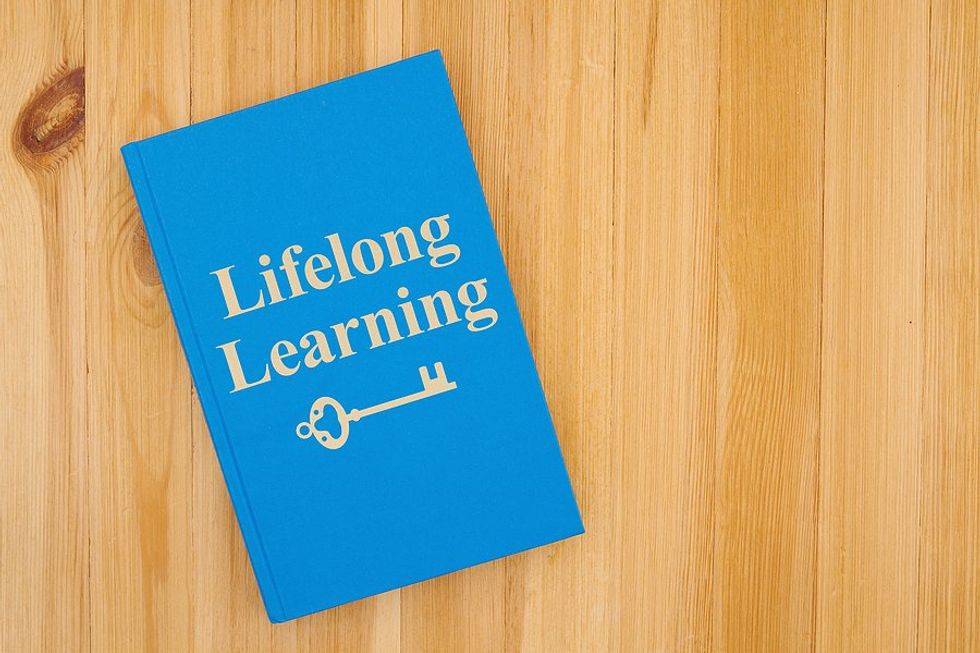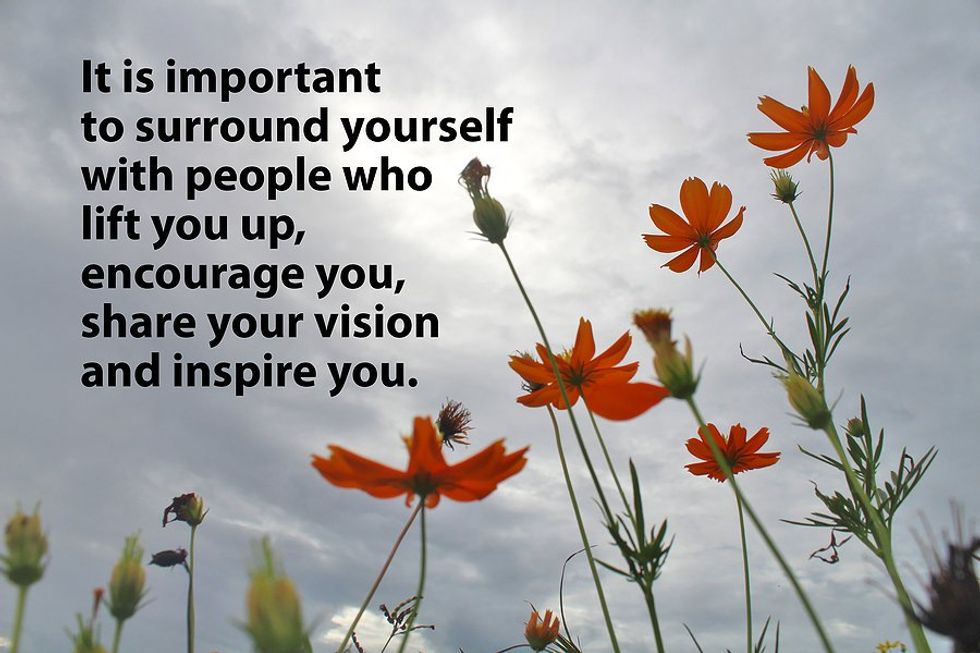You should make time to continually grow both professionally and personally because there will always be “life lessons” creating setbacks, challenges, and learning opportunities. Be intentional and constantly improve your knowledge and skills which start with knowing what you’re doing today (understanding your strengths and weaknesses), and what you want to do tomorrow and in the future.
You’ll encounter various scenarios including:
1. Did you start a new role at a new company? Or are you working towards a transfer, promotion, or other future career advancement opportunity?
2. Do you want to work on your intelligence quotient (IQ) such as problem-solving or emotional quotient (EQ) such as empathy?
3. Do you want to develop other life and/or career success skills such as improving verbal/written communication skills or learning a programming language like Python, Java, or C++?
4. Do you have a goal to get a degree or certification such as:
- Cardiopulmonary Resuscitation (CPR),
- Certified Information Systems Security Professional (CISSP),
- Certified Nursing Assistant (CNA),
- Certified Public Accountant (CPA), or
- Project Management Professional (PMP)?
5. Do you need continuing professional education (CPE) credits for a certification, are you in an industry with constant regulatory changes, or just want to keep current with best practices?
6. Are you interested in learning a new skill like playing chess, swimming, playing a musical instrument, or even doing Tai Chi? Do you remember the effort to learn how to drive?
Key To Lifelong Learning

Image from Bigstock
You and the world are continually changing so the key is to develop a growth mindset of lifelong learning. Stephen Covey said, “The key to success is dedication to lifelong learning.” Create a personal development plan (PDP) for both professional and personal development. Set a goal and then start working towards it. When you achieve a goal, it can provide a sense of fulfillment boosting your self-confidence and even making you feel more energized. Once you’ve achieved the first goal, you’re poised to take on the next goal, the next, and the next. This can help you become more confident to adapt and overcome the next obstacle you’re faced with.
There are multiple options to learn including reading books/articles, watching videos/podcasts, going to webinars/workshops, or taking formal education courses. It may take some time to acquire certain skills and knowledge so be persistent. For example, if you’re trying to learn to speak French, you’ll need to take several lessons (and practice a lot) before you’re proficient.
Everyone learns differently so recognize how you learn best and seek out training resources that work better for you. Some would rather read materials on their own while others would prefer web-based or instructor-led training. Many organizations have a training department that offers specific professional development opportunities, including online, virtual, or in-person classes. Organizations might have “lunch and learn” sessions, a structured management trainee program, or internships. Outside the organization, you can seek knowledge at professional association meetings, industry conferences, or online courses like LinkedIn Learning or Udemy.
On the personal side, challenge yourself to learn something new or pursue a new hobby. In addition to some of the learning options mentioned above, there may be an app for that—Calm, Duolingo, or Yousician (to play an instrument). If you want to learn to swim, you can take lessons at your local pool. Consider learning something together with a friend, which will make it more fun. For example, having an “exercise buddy” can make it easier for both of you to commit to those early morning Zumba classes.
Supporting Employees' PDPs

Image from Bigstock
As a leader, it’s important to encourage and support your employees. Help each employee create a custom PDP based on what they’re interested in. Give them the tools that they need to thrive and succeed. This is a great coaching/mentoring opportunity so periodically check in to see how they’re doing. When you invest in the employee’s personal development, they are more likely to be and stay excited for what’s next.
For more information about the importance of personal development goals leading to lifelong learning, follow me on LinkedIn!




